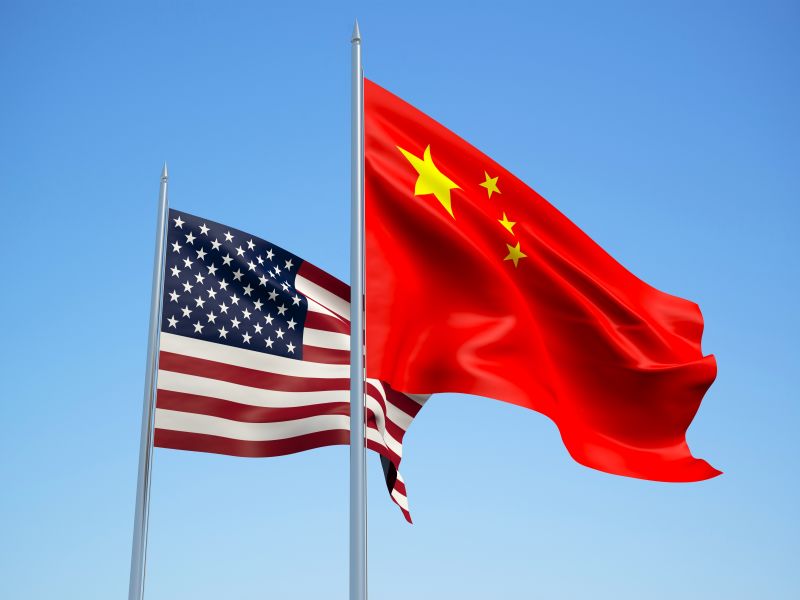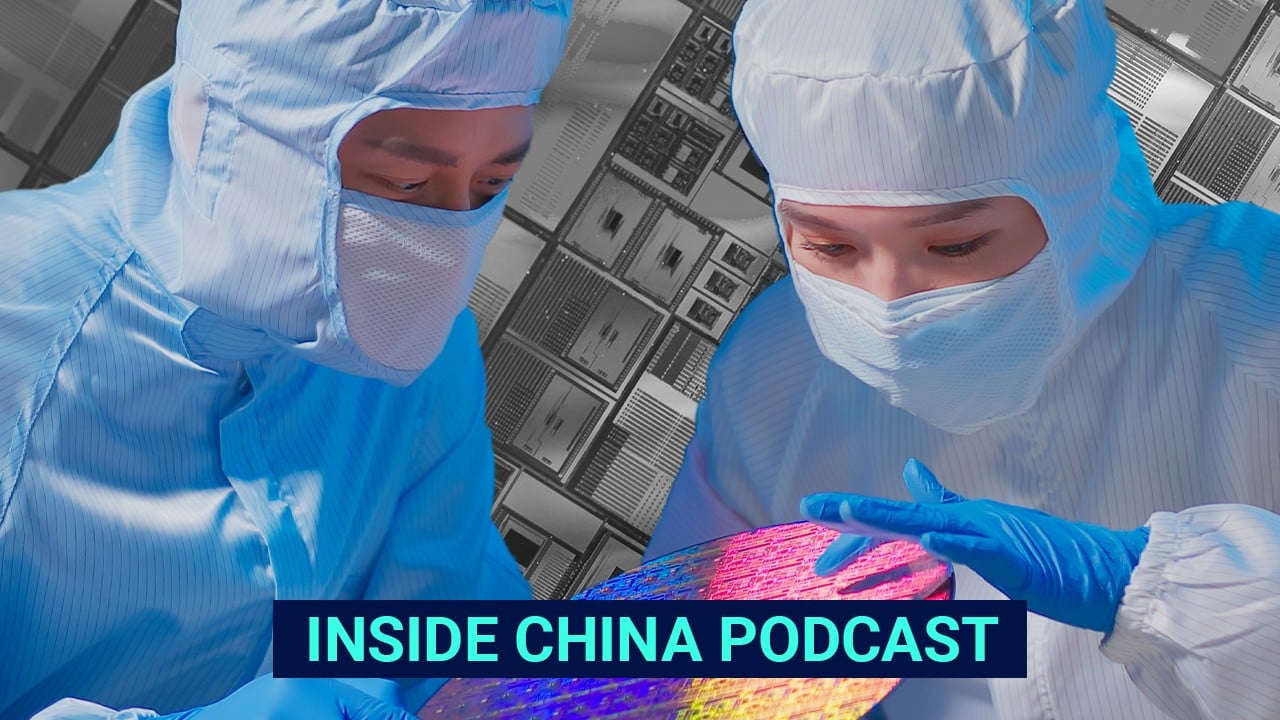
China’s Semiconductor Industry Set for ‘Explosive Growth’ in Next Three to Five YearsChina’s Semiconductor Industry Set for ‘Explosive Growth’ in Next Three to Five Years China is poised to experience significant growth in its semiconductor industry over the next three to five years, according to Chen Nanxiang, chairman of the China Semiconductor Industry Association (CSIA). Chen highlights the country’s advantages in application and packaging technologies as key drivers for this projected growth. Chen, who also serves as head of China’s largest memory chip maker, Yangtze Memory Technologies Corporation (YMTC), emphasizes the shift away from the traditional reliance on universities and research academies towards a market-oriented model. He stresses the importance of innovation in products, services, and business models to deliver value and drive growth. Semiconductors at the Heart of US-China Tech War Semiconductors have become a central battleground in the ongoing technological rivalry between the United States and China. While the U.S. seeks to restrict China’s access to advanced chips and foundry technologies, Chen believes that advanced packaging will play a crucial role in the future. Advanced packaging involves combining different types of chips onto a single substrate to enhance performance and reduce costs. Domestic Industry Hopes Pinned on Specialized Chips Chen expresses optimism for the domestic industry’s potential to excel in specialized chips, noting that today’s chips are increasingly tailored to specific applications. He also calls for industry unity in the face of U.S. sanctions targeting Chinese technology companies, including YMTC. Trial and Error in Policymaking Chen acknowledges past mistakes in China’s semiconductor policymaking and emphasizes the need for a sustained effort to find the best path forward. He believes that the country’s slowdown in adhering to “Moore’s Law” could present an opportunity for China to invest in alternative technologies like advanced packaging. The continued development of technological capabilities at YMTC and other Chinese foundries remains under close scrutiny as China seeks to advance its broader technological development amid ongoing U.S. sanctions.
A top Chinese semiconductor An industry executive has predicted that China will experience “explosive growth” in the next three to five years due to its advantages in application and packaging technologies, highlighting a path for the country to overcome US technological limitations. Chen Nanxiang, chairman of the China Semiconductor Industry Association (CSIA) and head of China’s largest memory chip maker Yangtze Memory Technologies Corporation (YMTC) was quoted by Chinese state television as saying that the country is exploring a new, market-oriented model for the industry while also moving away from the old model of relying on universities and research academies.
“(Today’s focus) is on innovation in the industry, products, services and business models, which will ultimately deliver value,” Chen said in his interview with CGTN, the English-language channel of China Central Television (CCTV), which aired over the weekend. “China’s chip industry has not yet achieved explosive growth, but that day will come in the next three to five years.”

27:21
Biden’s China tech policy goal: a 10-year handicap
Biden’s China tech policy goal: a 10-year handicap
Semiconductors are central to the US-China technology warwhich Chen said has helped develop the domestic industry. As the U.S. tries to deny China access to advanced chips and foundry technologies, Chen noted that advanced packaging could play an important role in the future.
“For example, the most popular AI chips require state-of-the-art foundry and packaging technologies,” he said. “It is predictable that in the very near future, the importance of packaging technology may exceed the importance of foundry technology.”
Chen noted that there is a lack of consensus in chip development, citing differences in Samsung Electronics‘ 3-nanometer process compared to Intel’s.
He also indicated that he is pinning his hopes for the domestic industry on specialized chips, as chips today are often made for specific applications.
Chen did not mention YMTC in his interview, as he spoke in his capacity as chairman of the industry association.
A series of US sanctions against China’s largest technology companies and semiconductor manufacturers, including YMTC, has seen industry players forge closer ties and band together with state support to find a way out.
Chen has called for industry unity in the face of US tech sanctions since he was elected head of the CSIA last October. In June 2023, the YMTC chairman proposed that any toolmaker unable to supply or maintain its equipment would be buy it back from customers.
Chen said Chinese policymakers and industry players are still searching for the best way forward after many mistakes in the past. A long period of trial and error has taught everyone which models are doomed to fail, he added.
Technological advancements at YMTC and other Chinese foundries such as Semiconductor Manufacturing International Corporation is being closely watched as a feature of China’s broader technological development, as the US has periodically ramped up sanctions on the industry.
Chen did not give a clear answer to the question of whether China could fully catch up with the U.S. in chip production. He suggested that a slowdown in “Moore’s Law” — the observation that the number of transistors in an integrated circuit doubles roughly every two years — would benefit China by helping spur innovation in other technologies such as advanced packaging.